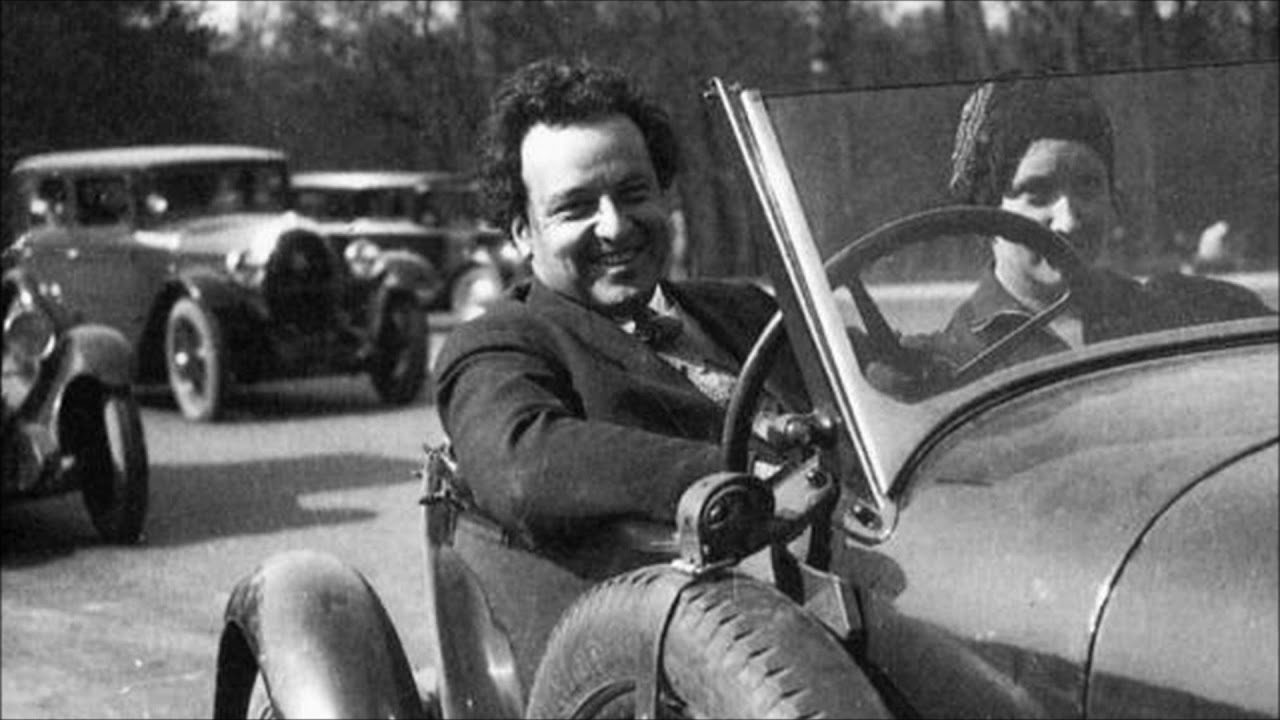Maestros and their motor cars (34): He also drove a train
UncategorizedArthur Honegger, composer of Pacific 231.

Arthur Honegger, composer of Pacific 231.
Anna Starushkevych is a Ukrainian-British opera singer who…

The buildings that house the Rachmaninoff Museum and…

Putting San Francisco far behind him, the Finn…

An appeal has been raised for the widow…

Session expired
Please log in again. The login page will open in a new tab. After logging in you can close it and return to this page.
Comments